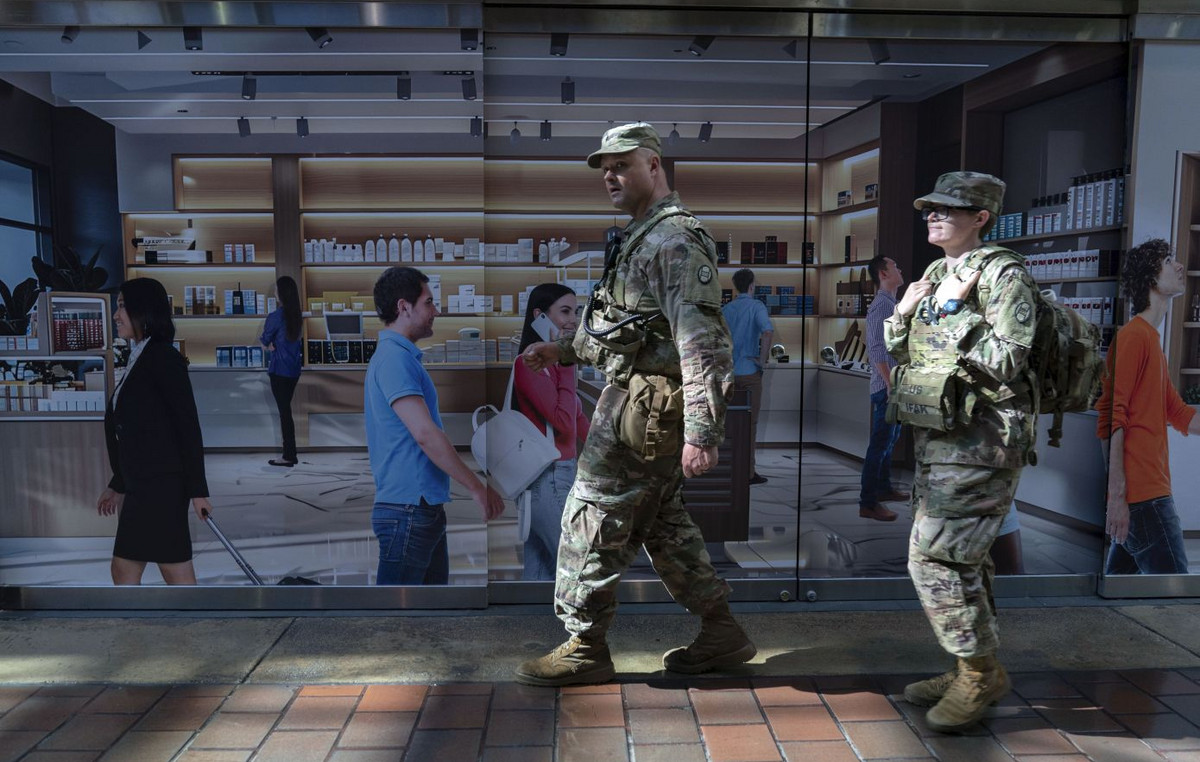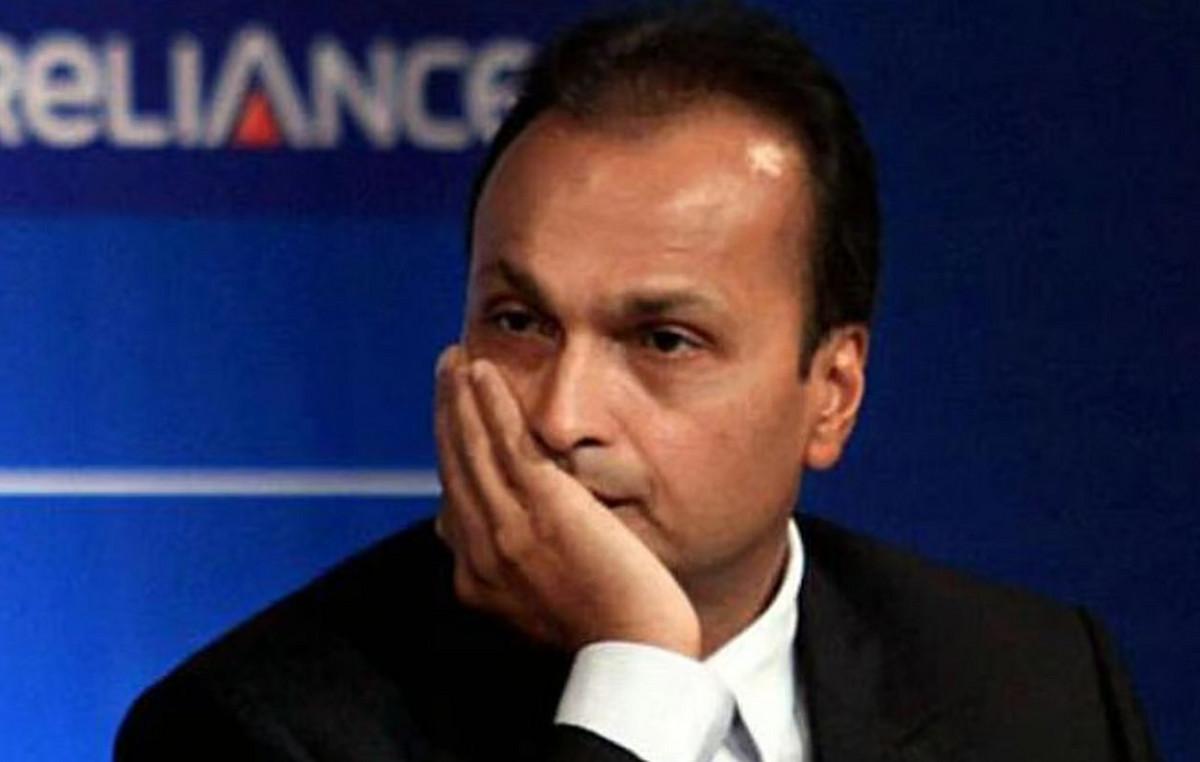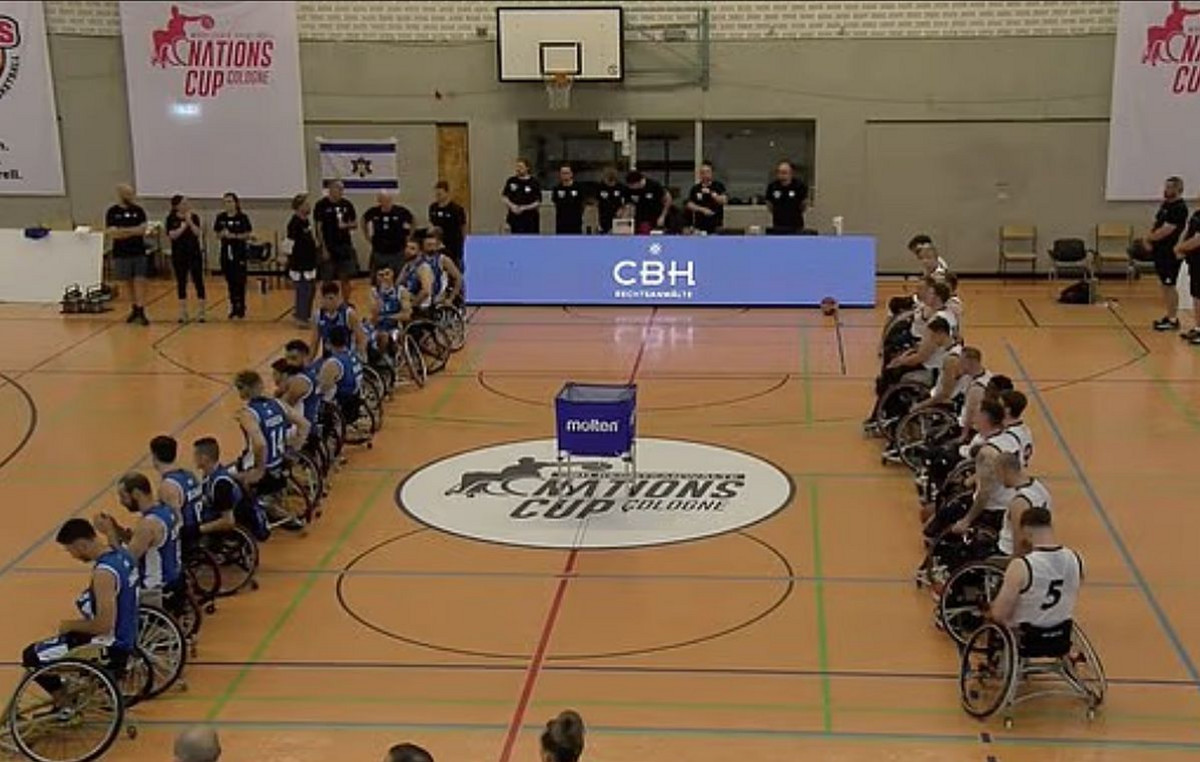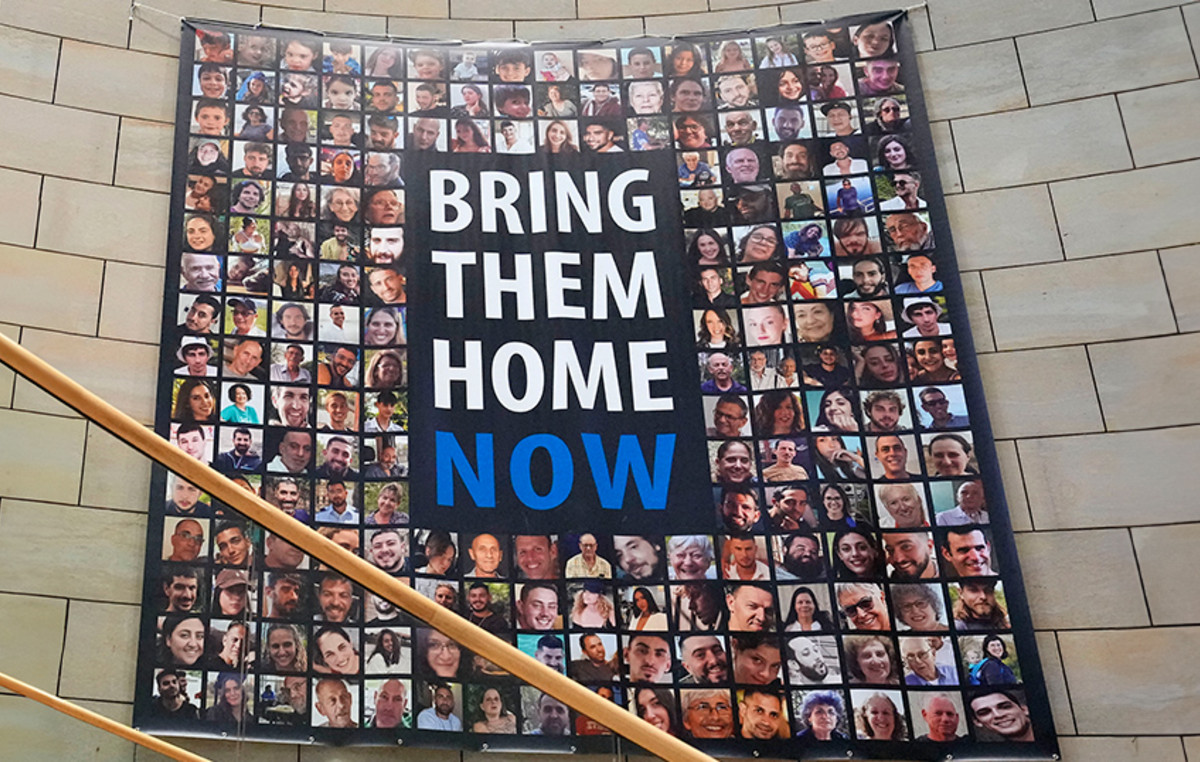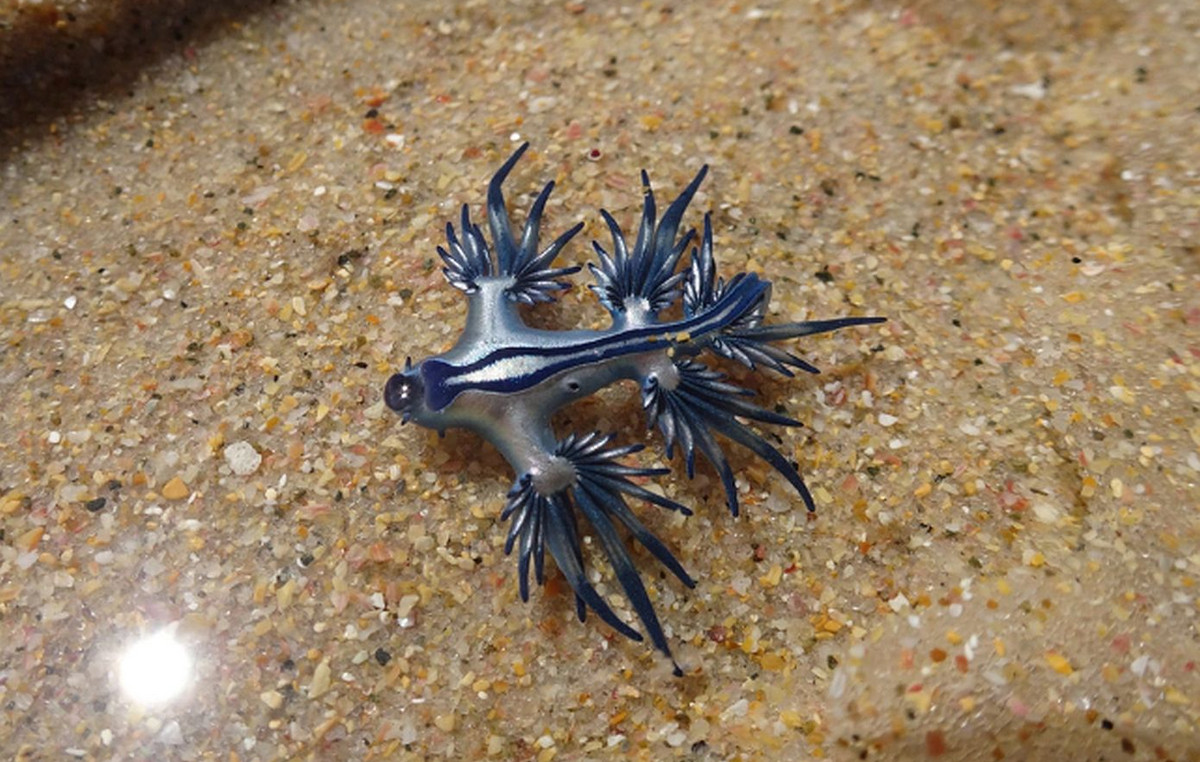“We are a peaceful country. We will not send a single munition to Ukraine,” Slovak election candidate Robert Fico told around 300 supporters at a rally last week in the western town of Banovce nad Bebravou.
Slovakia goes to the polls on September 30, and the populist former prime minister is the favorite in the race.
If he fulfills his promise, it would represent a sea change for Slovakia, until now a strong ally of its eastern neighbor Ukraine in the war against Russia.
The country has provided weapons and strong political support to Ukraine within the European Union and the Western military alliance North Atlantic Treaty Organization (NATO).
“They will have to sit down anyway and come to an agreement,” Fico said of the warring countries. “Russia will never leave Crimea, it will never leave the territories it controls.”
Fico’s victory is not guaranteed. No party is expected to secure a majority in Parliament, and forming a coalition government could be difficult. Western diplomats and officials in Kiev also say a small country like Slovakia can only go so far to change European Union and NATO policy.
But Fico caught the attention of Brussels and other countries by criticizing the sanctions against Russia and calling for a rapprochement with Moscow when the war ends and by pledging to veto Ukraine’s membership of NATO if that possibility arises.
On the campaign trail, he said the war “started in 2014, when Ukrainian Nazis and fascists began murdering Russian citizens in Donbas and Luhansk,” echoing Moscow’s justification for supporting separatists who seized land in eastern Ukraine.
His party is narrowly ahead in polls in a country where voters are tired of the economic pain caused by pandemic restrictions, high inflation linked to the war in Ukraine and a rise in illegal immigrants.
“We shouldn’t support them [a Ucrânia] with weapons, because evil only generates more evil”, said retiree Eleonora Tanacova, 68, when listening to Fico’s speech last Thursday. “This war will never end if we continue to support them.”
But Fico’s pragmatism during his terms, when he led Slovakia into the eurozone and largely avoided fights with European Union and NATO partners, assuaged those concerns.
“Russian troops on your border and a fractured relationship with your allies, is this what you want?” said one of the country’s diplomats. “Or will he go back to being the pragmatist he has been?”
A second diplomat believes Fico will be hesitant to cut off weapons supplies to Ukraine beyond the Army’s already depleted stockpiles, given the economic importance of ammunition manufacturers and a repair base.
And Brussels has influence. On rule of law issues, it could withhold European Union financial support for Slovakia, which badly needs it with its fiscal deficit forecast at 6.85% of GDP this year, the highest in the eurozone.
Furthermore, Fico’s socially conservative SMER-SSD party is only slightly ahead in the latest polls, with 19.4% support, compared to 18.2% for the liberal Progressive Slovakia (PS) party, and much depends on performance of smaller parties.
Source: CNN Brasil
Bruce Belcher is a seasoned author with over 5 years of experience in world news. He writes for online news websites and provides in-depth analysis on the world stock market. Bruce is known for his insightful perspectives and commitment to keeping the public informed.


